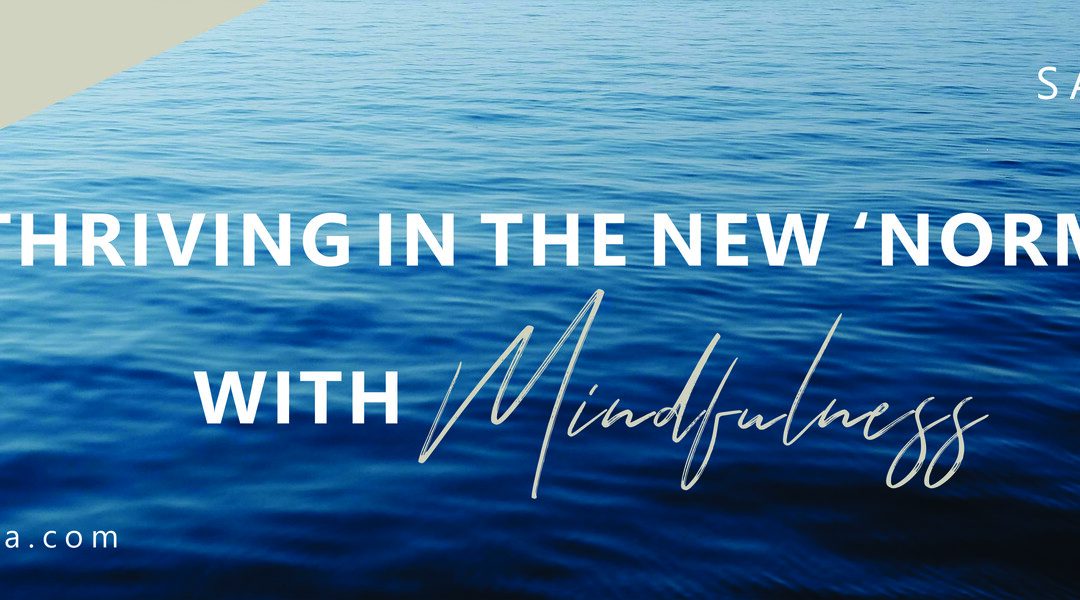As the world slowly re-emerges from its pandemic hibernation, the corporate world is waking up to a new set of challenges. In a short space of time, the world has changed. Customer requirements have altered, team structures and ways of working have changed and real impacts on families have been felt.
There’s little doubt that many professionals have been left feeling the additional stress and strain the pandemic has induced. Many are feeling change fatigue and are overwhelmed by the sheer amount of changes and pivoting they’ve had to undertake at work and at home to adapt to the new normal. Over the past few months, as I’ve facilitated workshops and presented to organisations, it’s been abundantly clear that forward thinking organisations are working now to help increase the wellbeing of their teams. Whilst individual needs may differ, the pattern remains consistent – that professionals are crying out for help with a whole range of challenges – from resilience building to stress to managing change. Whole teams of highly capable individuals are feeling the strain from months of pressure and much like a pressure cooker, unless some of that stress is released, the results can be catastrophic for mental health and wellbeing.
Speaking at Australian Healthcare week, I explored the fundamentals of how Mindfulness can help in a busy, pressure laden environment – from Doctors to Midwives to support staff, their need to ‘switch off’ and support their own wellbeing is immense. There’s still a certain stigma of not wanting to be seen to ‘need’ help which is where organisations taking responsibility and being accountable for both the prevention of wellbeing issues, is so important.
Mindfulness when implemented into a regular routine can support a healthier and more productive workplace. In preparing for a Psychological Injury summit and a Workers Compensation Summit, I’ve completed a deep dive into how organisations can help build employee’s Mindfulness toolkits – that is to supply individuals with unique techniques and action orientated tools to help them connect better together, cope better with resilience, better manage stress and even communicate better as a team. I’m a great believer in reflecting and allowing time to be present in the moment, rather than rushing through every day, with barely a second for self-awareness and introspection. Not only does this lead me to better productivity but helps me to clearly analyse the best response in that moment.
The creation of my 4 R’s bite-sized courses is a proud reflection for me, of months of hard work encapsulated into nuggets of pure Mindfulness gold. Such is the increased focus on wellbeing post pandemic, organisations don’t just want, but acutely need support to improve the mental health and productivity of their teams, to bring everyone back on the corporate journey. My mini courses take participants through a journey of reflecting, re-connecting, refocusing and re-energising – all the while focusing on practical, actionable strategies, not the ‘Mindfulness fluff’ which some people associate with Mindfulness and Meditation.
Every industry, every organisation and every team will have its own challenges. What Mindfulness can’t do, is remove those obstacles. But what it can do, is help reshape the way in which people alter their thoughts, actions and behaviours to more effectively cope and even thrive in their midst.

